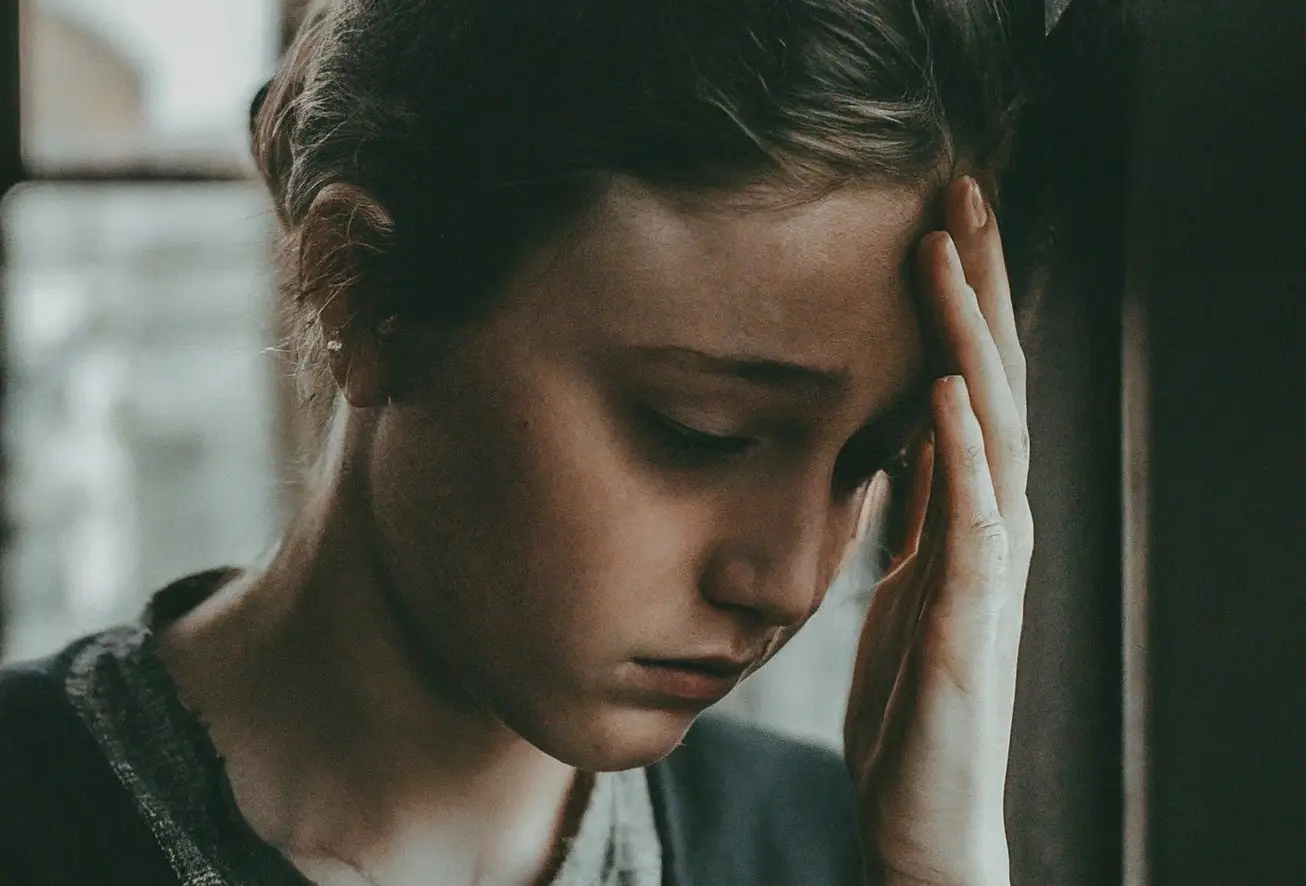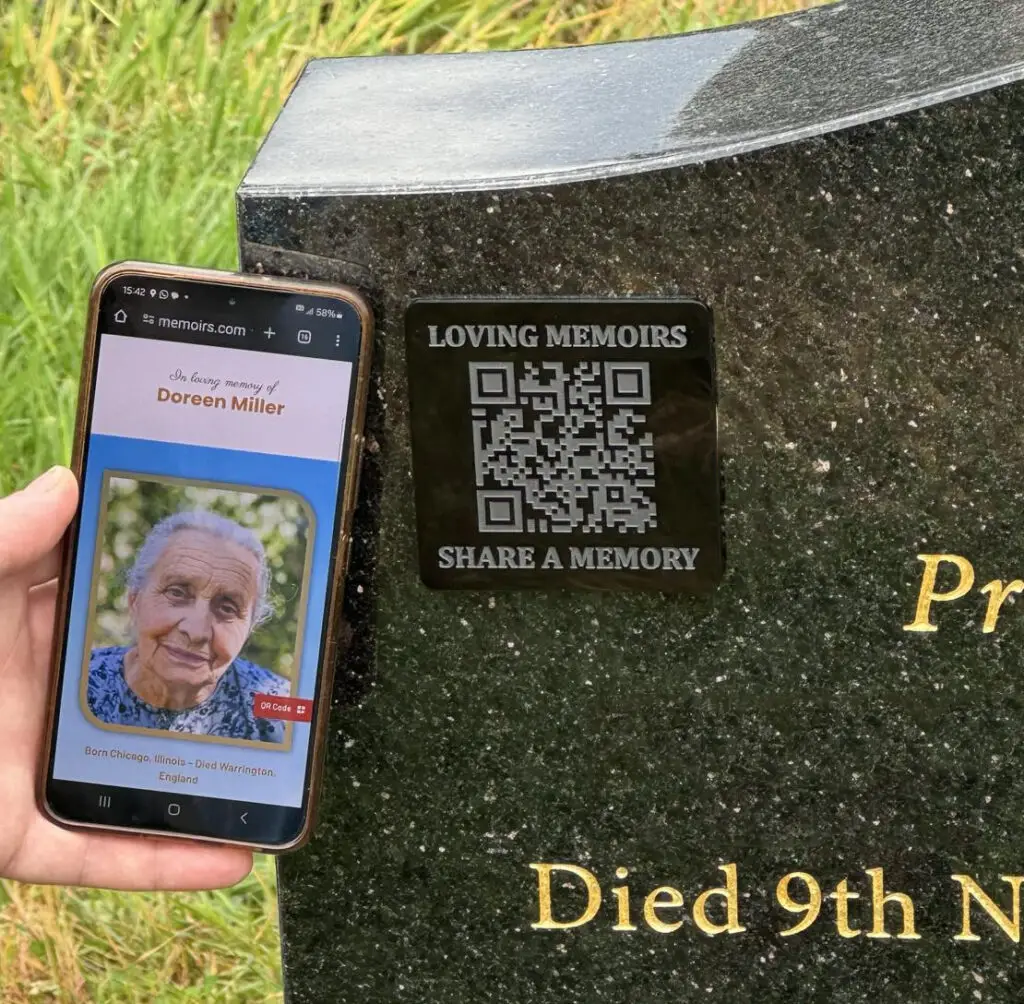
Have you ever thought about how to deal with grief? Losing someone close can be very hard. Yet, with the right help, you can move through the sorrow and start to feel better.
This guide is here to give you helpful information about dealing with grief. It gives caring advice on going through a tough but common life event. By looking at different sides of grief, like what to expect and how to take care of yourself, you’ll start to understand and manage your feelings.
Grief touches us all, hitting during the loss of a loved one or a broken relationship. It can be overpowering, often making us feel alone. It’s vital to know grief is part of healing. It lets us sort through our feelings, adjust to new norms, and keep moving.
Sadness comes in many forms. It might be over the death of someone close, a friendship, or even a job. No matter the reason, grief is a unique natural reaction for each of us.
The pain of losing a loved one, ending a relationship, or changing jobs is real. Let’s remember, grief is how we deal. It allows us to face our feelings, make room for what’s new, and keep going.
Grief isn’t just heavy sorrow. It’s part of life, marking the loss of something dear to us. Going through it is tough but necessary. It helps us not just bear the loss but grow from it.
Dealing with grief is different for each of us. How we grieve depends on many things like our personality and culture. Some people show their grief openly, but others keep it inside.
Feelings during grief can vary a lot. You might feel very sad, angry, or just numb. It’s all part of grieving, and it’s okay. What’s important is how everyone finds their way to heal.
Grief is shaped by who we are and our surroundings. This includes how we deal with loss based on cultural beliefs. Some find comfort in grief therapy, while others deal with it on their own. We should always respect how each person chooses to face their grief.
Understanding that grief is personal is key to helping others. We can support by just being there to listen or offering advice. The goal is to provide a safe and caring place for anyone going through grief.
Grief doesn’t follow a straight path. It comes in waves, each one different from the last. People can feel a mix of emotions like sadness or anger. They might even have moments of happiness. This managing grief emotions journey is different for everyone. Some days are rough, while others feel easier. Accepting these changes is key to healing.
Grief often brings intense waves of emotions. You might be very sad one moment and feel a bit of joy the next. This cycle of feeling good and bad is a needed process. It helps your mind and body adjust to the loss.
Grief can be highly unpredictable. Some days, you might feel like you’re handling things well. Other times, you could be overwhelmed with sadness or anger. This back and forth is normal during the grief and mourning period. It’s important to be kind to yourself as you go through it.
Dealing with loss and grief recovery is tough and unpredictable. Remember, healing doesn’t follow a fixed schedule. Although, the saying “time heals all wounds” has its truth, patience is key during this time.
Grief is complicated and can last. No one should feel forced to quickly forget or move on from their grief. Everyone’s journey through loss is unique. It depends on various factors, like the loss type and coping mechanisms.
Trying to hurry the grief recovery process isn’t helpful. Unrealistic expectations can slow down emotional healing. Instead, a compassionate approach is needed. The healing path isn’t straightforward. It involves ups and downs, which are normal.
Understanding the flow of grief means giving yourself space to feel and understand feelings. This helps in making peace with the loss and moving on as time goes by. Coping with loss is deeply personal.
Honouring each person’s timeline is crucial. It helps in finding comfort and acceptance after loss.
Grief is often seen as passing through five stages: denial, anger, bargaining, depression, and acceptance. It’s key to know these stages aren’t always in order. People might go from one to another or feel them all at once.
Denial acts as a shield, allowing us to deal with the big emotions loss brings. It helps slowly face the truth of what’s happened. This can pause the deep sorrow for a while.
Anger might be felt towards yourself, others, or the one who passed away. It’s important to deal with anger in good ways like writing, exercise, or talking to a grief specialist. They can offer grief therapy.
In the bargaining stage, some try to make deals with God or fate. They aim to turn things back. This phase gives a false sense of control but can help manage grief stages.
Feeling very sad and alone is a common reaction to grief. If these feelings won’t go away, it’s wise to talk to a mental health expert. They can help with grief therapy.
Acceptance means starting to live without the person we lost. But it’s not about forgetting them. It’s a time for new goals and valuing life more.
Grief is hard, but we can do a few things to cope. First, turn to those who love you, like friends and family. They offer comfort and make you feel part of something. It helps to feel and show all your sad, angry, or guilty feelings. Don’t be hard on yourself for feeling this way.
Don’t face grief alone. Talk to close friends, family, or a support group. Sharing how you feel can make you feel less alone. This outreach is key in the journey through grief.
It’s natural to grieve. Let yourself feel and deal with your emotions, including sadness or anger. Trying to hide your feelings can slow down the healing process. So, it’s okay to feel all these things.
Setting a daily plan helps give your life structure. A good night’s sleep, light exercise, or hobbies are soothing. They help your life feel normal and safe during a difficult time.
Taking care of yourself is vital as you deal with grief. This might mean eating well, exercising, and finding ways to relax. These self-care steps will help you handle the tough emotions better.
Making time for activities or rituals that honour a loved one’s memory can help deal with grief and mourning. This might mean keeping a memory alive by creating a memorial. Writing in a journal or joining in ceremonies can also help. These actions offer comfort and a sense of closure. They are personal ways to remember someone who has passed.
Creating a memorial, like a scrapbook or a photo collection, can comfort you as you grieve. A small garden dedicated to them is another option. Such physical reminders allow you to remember their life and the mark they left behind.
Joining in ceremonies or traditions honours the life of the one you lost. It may involve a service, lighting candles, or following special customs. These rituals can bring closure and help in processing your grief. They let you find support in shared mourning.
Grief is part of healing, but sometimes, it’s not enough. If dealing with grief is too much, or if depression grows, you should consider getting help. A grief counselling professional can offer support.
Not functioning normally, always feeling down, and struggling to find meaning are signs. In these cases, seeking grief therapy could be a big step towards healing.
Grief counsellors offer helpful ways to cope and a sympathetic ear. If handling grief alone feels impossible, it’s wise to consider professional help.


USE CODE “LOVINGMEMORIES10” TO GET 10% OFF